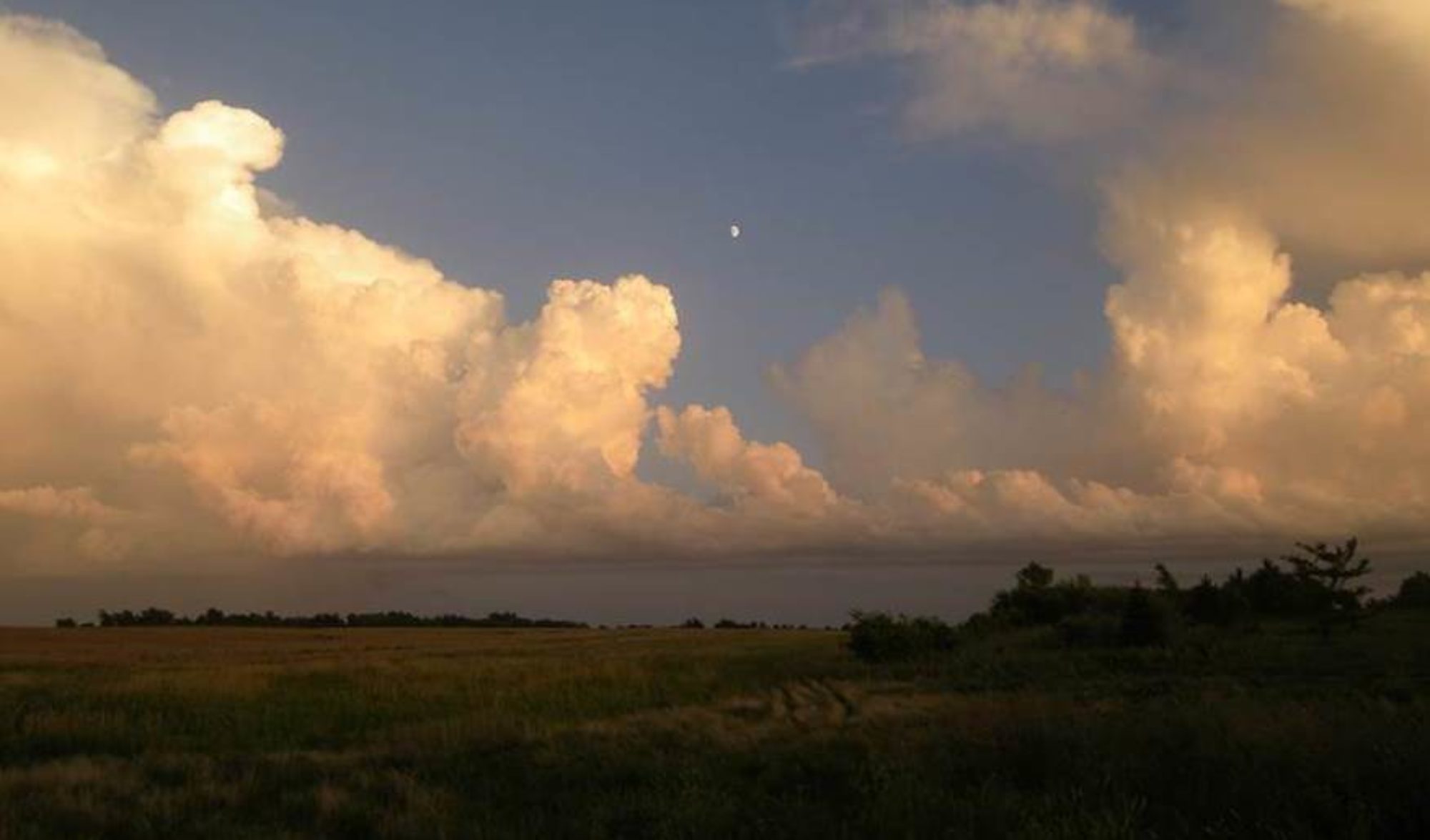National Gallery of Art (NGA Image, Public Domain)
“The fear of the LORD is a life giving fountain, it offers escape for the snares of death” (Proverbs 14:27, NLT).
The wisest king in the Bible missed the point. Solomon was able to write chapters of wise thoughts. Solomon was able to reflect philosophically on the many perspectives of life and he was able to reduce the complexities of relationships, priorities and values into wise reflections and directives of how to live a joyful and blessed life as a person who feared God. Solomon was able to offer strong rebukes and warnings about falling into the traps and snares of sin. Yet, Solomon who was the wisest and richest King of Israel, missed the point of many of his own writings.
Solomon missed the point of life even though he was very wise about life. Solomon knew more about life than almost anyone. Solomon wrote more about life than anyone in the Old Testament other than the major Prophets, Moses and his father David. Solomon built more buildings, palaces and temples than any other king of Israel. Solomon had more money and gold than the other kings of Israel. Solomon owned more chariots and horses than the other kings of Israel but Solomon fails to let his heart be satisfied with his God.
Solomon in the very height of reign begins an endless, futile and insatiable quest for more riches, palaces and wives. Solomon’s coveting, greed, pride and inability to find satisfaction in the accumulation and possession of more and more, led him to seek more and more. In the end, Solomon’s more wives and possessions would leave him distant from having purpose in life and all of his more brings judgement upon him, from the God who had previously blessed him richly. All of Solomon’s vast accumulations of more became pointless and vanity. All of Solomon’s wives, palaces and riches were of little value because he had lost his heart for God.
Solomon has been since been labeled as “The Wisest Fool” and “The Brilliant Failure.” While Solomon wrote brilliantly and profoundly about the folly of sin and the destruction, it would bring; he misses the point of applying it to his own life. Even though Solomon writes “the love of pleasure will bring poverty,” he fails to see how poor he has become in his love for all pleasures of life. He fails to realize he has turned away from the “pursuit of righteousness and loyalty” which would bring “life, righteousness and honor” (Proverbs 13:25) and finds his life void of righteousness even though it’s full of extravagant luxuries. Solomon fails to see how much of the blessing of God, he has lost in the loving of his countless wives. Actually all of Solomon’s wives, accomplishments, palaces, massive amounts of gold, horses and chariots could not satisfy him because his heart was far from his God. All of the things of life, had taken him away from his God. Finally, even though Solomon sees the fear of God as leading to life (Proverbs 19:23), he sets aside the life that the fear of God would bring. Solomon’s life ends quite sadly because midst all that he had around him, he had lost the only thing that mattered. Solomon had forsook the wise pathways of God’s ways that he knew and had written about because his heart was consumed by other things. In the end, he had no room in his heart for God. All his things had taken the place of God in his life. In the end, Solomon had lost what mattered most … midst the staggering abundance, shimmering riches and his many beautiful wives and their gods. It was a sad end for such brilliant man of promise and blessing. Solomon’s life leaves a legacy as profound as any of his Proverbs. We need to be acutely aware of anything that would take our hearts away from our relationship with the Living God. The Apostle John at the end of his life, leaves us this simple truth, “Dear Children, keep away from anything that might take God’s place in your hearts” (1 John 5:21, NLT).
Suggested Reading … Proverbs 14



